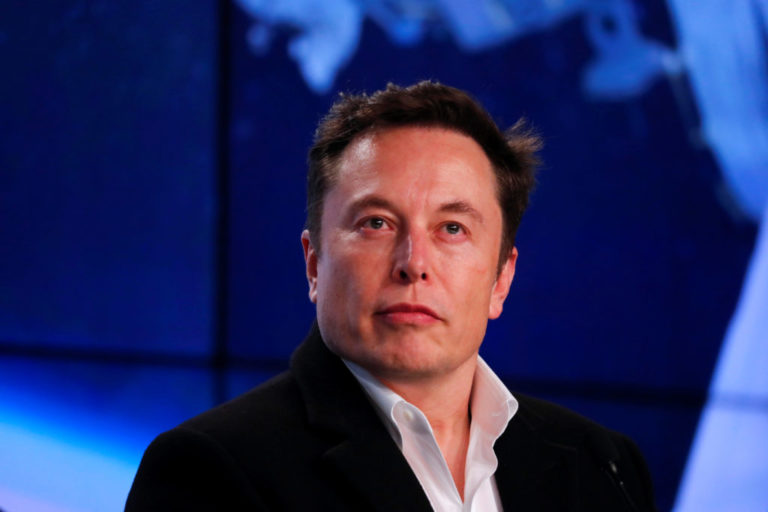Zoomcar has been instrumental in driving the digitalisation of the self-drive ecosystem in India. The entry of new players into the space is a testament to the growth potential of the industry.
On the back of his impressive track record in the urban transportation space, Greg Moran spearheaded a self-drive model — Zoomcar, in 2012. The company holds the distinction of being India’s first personal mobility platform, with the introduction of car-sharing services in 2013. Currently, Zoomcar is the market leader in the personal mobility space, with over 6,000 cars in its fleet.
Analytics India Magazine got in touch with Markish Arun, the Chief Technology Officer of Zoomcar, to understand its AI and data science roadmap for 2021 and how it addresses the data science talent crunch in the market.
Zoomcar launched India’s first vehicle model agnostic Driver Score Tech Stack for the passenger car segment. As per Arun, the AI-Powered algorithm with machine learning capabilities tracks the mechanical specs of the car and the driving style of the customer, along with tracking and rating of critical events of driving. This allows the operational units to have complete visibility of the car movement, condition, estimated time of arrival and critical scenarios for the entire trip.
Arun said, “Armed with more data-driven capabilities, the data science team of Zoomcar started building new models to upgrade its mobility-as-a-service portfolio.”
Also Read: How Zoomcar Is Using Machine Learning To Grow Its Fleet Size To 1 Lakh Cars
AI Engine
Zoomcar has launched a proprietary AI-powered B2B SaaS offering — Zoomcar Mobility Services (ZMS) to reduce operating costs, enhance safety, increase vehicle monetisation, and improve customer engagement. ZMS algorithm works on a direct correlation of a vehicle being driven with its accident and maintaining costs. “The algorithm analyses the various vehicle events such as acceleration, clutch, braking, etc.,” said Arun. “It then maps it with the weather, terrain and traffic to compare this information with that of its previous data of dangerous events that may have resulted in accidents.” Based on this, a unique score is assigned to consistently prove that the vehicles driven by customers with higher driver scores have lower accident rates.
Zoomcar has also been leveraging AI in the form of conversational bots to manage customer queries. The AI bot guides the customer to the representative desk in case of any further queries. It understands the basic NLP in customer queries. Alongside, Zoomcar’s AI-powered fleet management system ensures high asset availability at the right place and time. “Linear programming-based optimisation models help achieve it. We also have dynamic pricing to curate the best prices for the prospective renters and subscribers,” said Arun.
Furthermore, the company has built predictive maintenance to service the vehicle at the right time and minimise breakdowns. “This also helps in reducing the maintenance costs of the cars. That is not all; we are also actively making the best use of technologies like computer vision and deep learning algorithms to advance the system,” added Arun.
The predictive maintenance model is used to monitor the car’s condition, where the structured data help the team to run a pre-maintenance strategy. This capability allowed Zoomcar to predict car elements that require frequent maintenance. The company has also developed an AI-powered dynamic pricing model to offer the best prices to the customer after analysing the demand curves of cars with geo-locations.
“The company critically depends on the Internet of Moving Things (IoMT) enabled shared mobility, that empowers a keyless entry (KLE) ecosystem wherein a user can lock or unlock a car through a mobile app and have a seamless trip experience without any human intervention,” said Arun.
For high demand areas like metros, the company has also deployed a data-driven model to manage the demand and predict the volume of requirements. The system indicates and categorises geo-locations based on demand. Further, to retain customers, it leverages a retention model based on ML algorithms and data analytics.
Data Science Culture
Arun said the company started developing data science models with a team of 25 members that included data scientists, data engineers, and business analysts. The unit uses MYSQL DB, Time scale DB, Redshift, and MemSQL to store and process the data.
Despite the pandemic, the company has been aggressively hiring data scientists for its team. As per Arun, Zoomcar ensures continuous talent bench strength so that attrition does not impact the business.
“Apart from traditional hiring methodologies like social media platforms, job portals and employee references, we also use unconventional methods of talent hunting like hackathons, case study competitions and online technical quizzes to engage and attract both passive and active prospective hires,” said Arun. “We also advise our tech leads to promote tech talks and technical blogs to share the complex problems Zoomcar is solving.”
Arun also highlighted some of the technical competencies like reporting and data visualisation, applying statistical analysis, predictive modelling and machine learning, and proficiency in programming languages to be a part of Zoomcar’s data science team. In terms of soft skills, Zoomcar is looking for quick learning capabilities, good problem-solving skills, high-end user focus, excellent communication skills, superb time and task management, and a good team player.
To practise and promote cross-learning and training in the organisation, the company uses a program called LEAP — “this is the easiest way to access an internal pool of talent for immediate fulfilment of talent crunch, especially for engineering and product function, which is typically overlooked by most of the organisations.”
Wrapping Up
Right from booking a car on its app to picking up and dropping the car through the concept of keyless entry, Zoomcar has completely automated the customer trip cycle. With a strong focus on the mobile experience, the company allows users to rent cars by the hour, day, week, or month. With its new launch — ZMS, the company aims to curb accidents rates, insurance claim fraud and improve customer retention rates, concluded Arun.

























